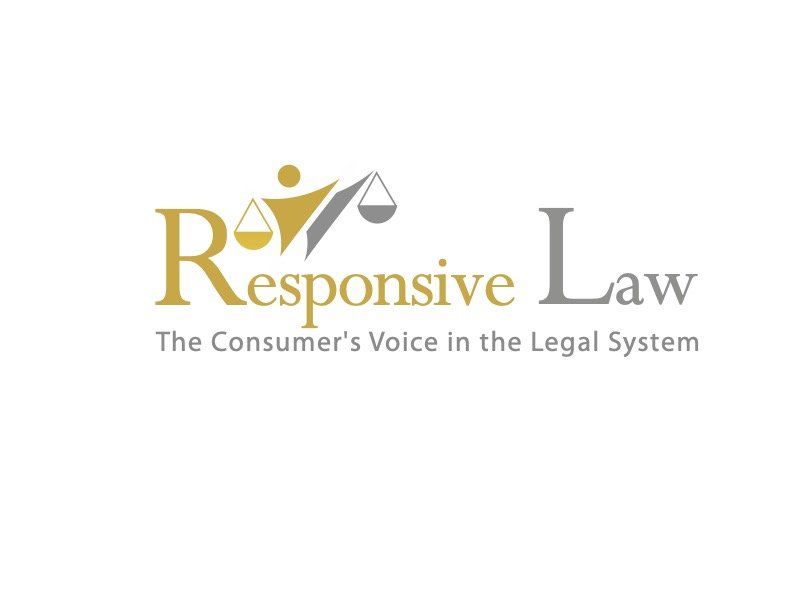Utah finalises regulatory reform
Crispin Passmore • August 14, 2020
Arizona next in line - other States will follow

In an historic vote, the Utah Supreme Court voted unanimously on Wednesday to authorise a pilot program to test pioneering changes to the practice of law and changes designed to address the access-to-justice crisis in America. Regulatory reforms pioneered in England & Wales by the Legal Services Board and the Solicitors Regulation Authority, such as fee sharing, non-lawyer ownership and tech led businesses will be allowed under the new regulatory ‘sandbox’.
What is also significant is that the new Innovation Office created by the Supreme Court to oversee applications and supervision is not under the control of the State Bar. This is major step towards independent regulation in Utah. That the Supreme Court has taken such direct control of reform reveals how little the legal profession’s institutions can be relied upon to tackle the gap between public demand for legal services and the profession’s ability or willingness to innovate and grow the market.
It is also a hugely significant step for legal services in the US. Utah is the first state to take such radical steps towards a more liberalised and consumer focused regulatory environment. But it will not be the last. Later this month we can expect Arizona’s Supreme Court to go even further: by-passing the sandbox model and just making the changes that have been delivered safely in England & Wales. Non-lawyer ownership and fee sharing are here to stay – and they are now spreading across the US.
The independent trustees of the California State Bar recently saw off resistance from the State’s consumer lawyers and big law firms to keep the option of a sandbox and reform on the table. Florida and DC are both running a task force that may recommend similar changes. And Supreme Court Justices across many US States are taking a deeper interest in the issues. This is now a one way street to a modern regulatory system.
Over the past two years, a task force established by the Utah Supreme Court researched and developed reform. In its Press Release the Utah Supreme Court said that “The rule changes and the sandbox, which the Supreme Court authorized pursuant to its plenary and exclusive constitutional mandate to govern the practice of law, represent perhaps the most promising effort by courts to tackle the access-to-justice crisis in the last hundred years.”
They are equally dismissive of pro-bono efforts to close the access to justice gap. Justice Deno Himonas who, along with John Lund, past-President of the Utah Bar, led the effort, summed up the need for innovative solutions in the face of America’s access-to-justice crisis as follows, “We cannot volunteer ourselves across the access-to-justice gap. We have spent billions of dollars trying this approach. It hasn’t worked. And hammering away at the problem with the same tools is Einstein’s very definition of insanity. What is needed is a market-based approach that simultaneously respects and protects consumer needs. That is the power and beauty of the Supreme Court’s rule changes and the legal regulatory sandbox.”
Over the last 18 months it has been an honour to support States such as Utah and Arizona as they tackle the problems of a protectionist regulatory regime that has been more interested in protecting lawyers existing models and rentier incomes than providing the public service that democracy and the rule of law demands from lawyers. Leaders like Justice Deno Himonas and John Lund in Utah, and Justice Ann Scott Timmer and Dave Byers in Arizona are inspirational because they cut through the various interests to see the issues clearly. They are confident about the future - for lawyers, consumers, the public and business alike and not paralysed by fear.
So what will change as a result of this? My sense is that applications are already pouring into Utah's Supreme Court - which opened the process ahead of their decision, recognising the urgent legal need that COVID has generated. Major legal services businesses that focus on individual consumers and small business are likely to be early entrants – bringing regulated legal services to the existing services they already offer. Business focused providers that support corporate America are following.
Many are starting to explore the opportunity to bypass other State’s restrictions on the unauthorised practice of law that these reforms offer. Utah and Arizona have first mover advantage and this will benefit their citizens not only with greater choice in the legal services market, but will also provide jobs as major businesses see them as great places to host at least part of their business. Rocket Lawyer already has a significant delivery presence in Utah, while Elevate has a major centre in Arizona.
Some firms are better are seeing opportunities and taking risk than others. I have written before
how protectionism doesn’t work. Capital, innovation and demand seep through the gaps, bypass the restrictions and simply obviate the need for regulated legal services. I see no reason why a business based in Utah cannot meet the needs of people and business across the US – just as they already can with an alternative business structure based in London and regulated by the SRA. It just needs a bit of imagination (and a good consultant... 😉)
To States that think they can resist these changes I urge them to open their eyes. Despite the restrictive unauthorised practice of law restrictions, the US has a thriving non-lawyer legal services market – the Big Four, Axiom, Elevate, United Lex and Outside GC are all delivering amazing services to US corporate clients. Rocket Lawyer and Legal Zoom are meeting the needs of individual and small business consumers on a scale that no law firm matches. If this is what keeping them out looks like perhaps it is time to embrace the future.

The Legal Tech Fund ran the best event for innovators int he legal market that I have found. TLTF 2023 was a a great opportunity to learn new things but best of all were the connections made and friends seen. These enabled new discussions and deeper debates about technology, capital deployment and liberalisation. TLTF 2024 is just one year away - I'm already excited.









